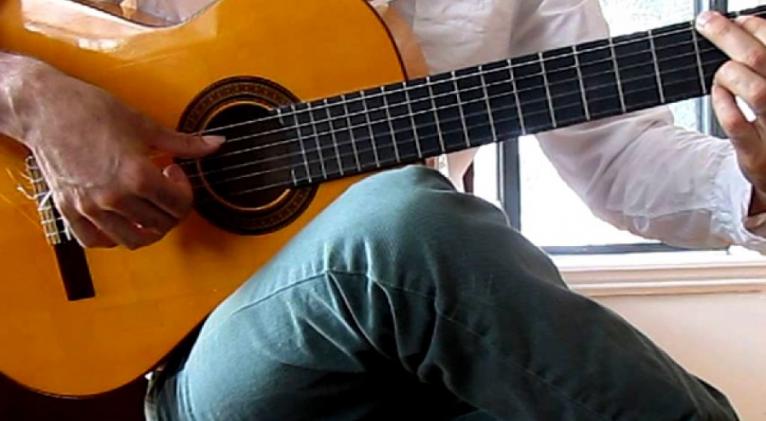Punto Cubano: UNESCO Intangible Heritage
especiales

UNESCO reported that the Intergovernmental Committee for the Safeguarding of the Intangible Cultural Heritage approved the inclusion of the punto cubano or punto guajiro in its representative list.
Gathered this week in the Jeju Island, Republic of Korean, the punto cubano was given the approval to be included in the list. Such list also includes ways of expression that attest to the diversity of the intangible heritage and contribute to raise awareness of its importance.
According to the UNESCO official statement, released from its headquarter in Paris, punto cubano is a poetic and musical expression of Cuban peasants consisting on a fine tune or melody accompanied by the voice of a person singing poems in learned or extemporized ten-line stanzas.
“This is an essential element of Cuban cultural heritage that promotes dialogue and expresses the identity, feelings, knowledge, and values of the communities concerned.”
Likewise, it also noted that the techniques and knowledge linked to the Punto are conveyed primarily by imitation and via a teaching program involving workshops delivered by practitioners in Houses of Cultures all over the country.
The application file submitted by the Caribbean nation pointed out that “Punto Cubano is the poetry and music of Cuban peasants,” and even when it is characteristic of the Cuban peasantry, it has extended to the rest of the population.
“Families mastering this style create groups. They manufacture their own instruments, and organize and promote their own performances.”
Besides Punto Cubano, other new inclusions were added to the list and they were: the Ritual journeys in La Paz during Alasita, Bolivia; Kochari, Armenian traditional dance group; and Konjic woodcarving in Bosnia and Herzegovina.
Cuba successfully registered rumba in the list last year, a recognition to that musical and danceable rhythm very representative of the Caribbean culture and tradition.
Translated by Sergio A. Paneque Diaz / CubaSi Translation Staff













Add new comment